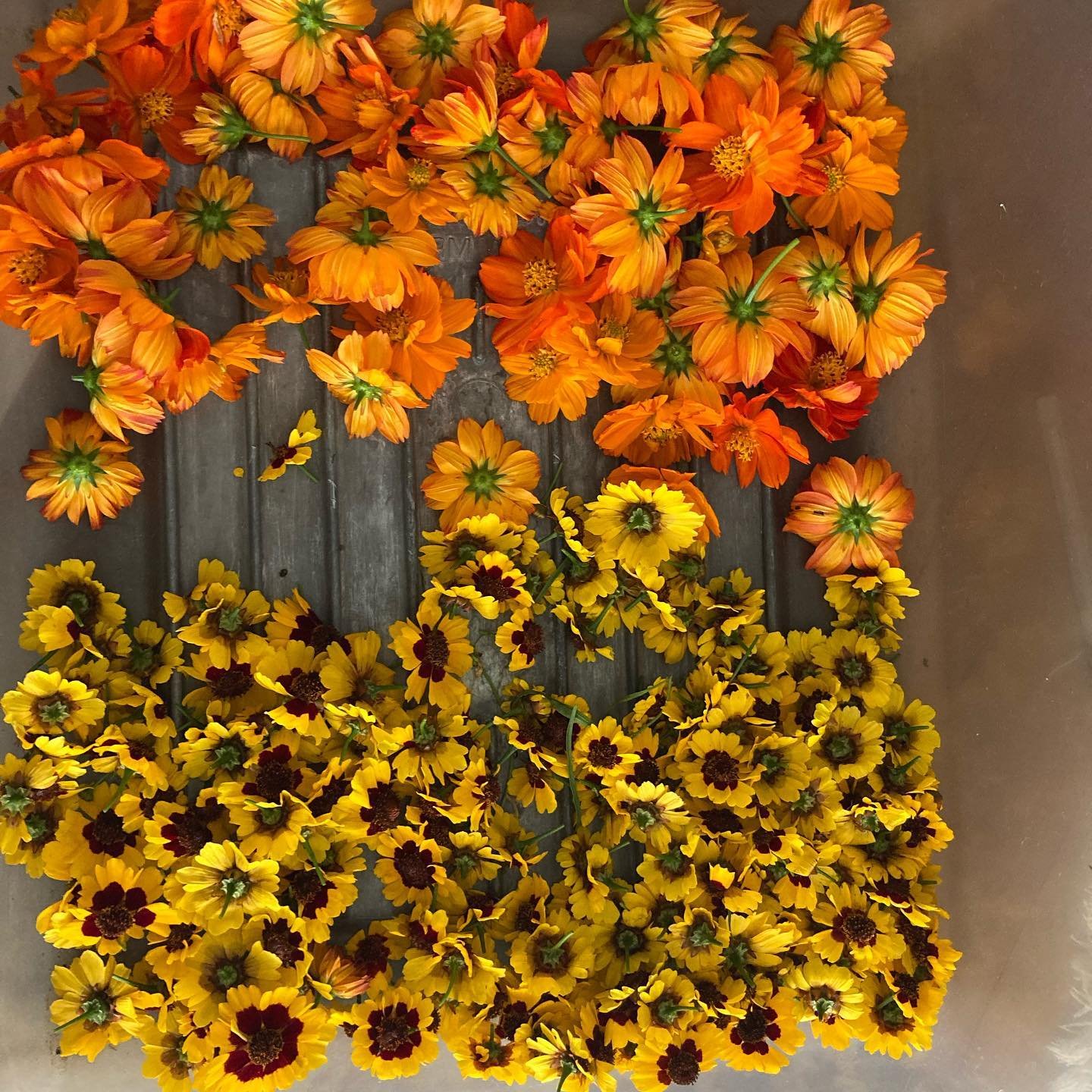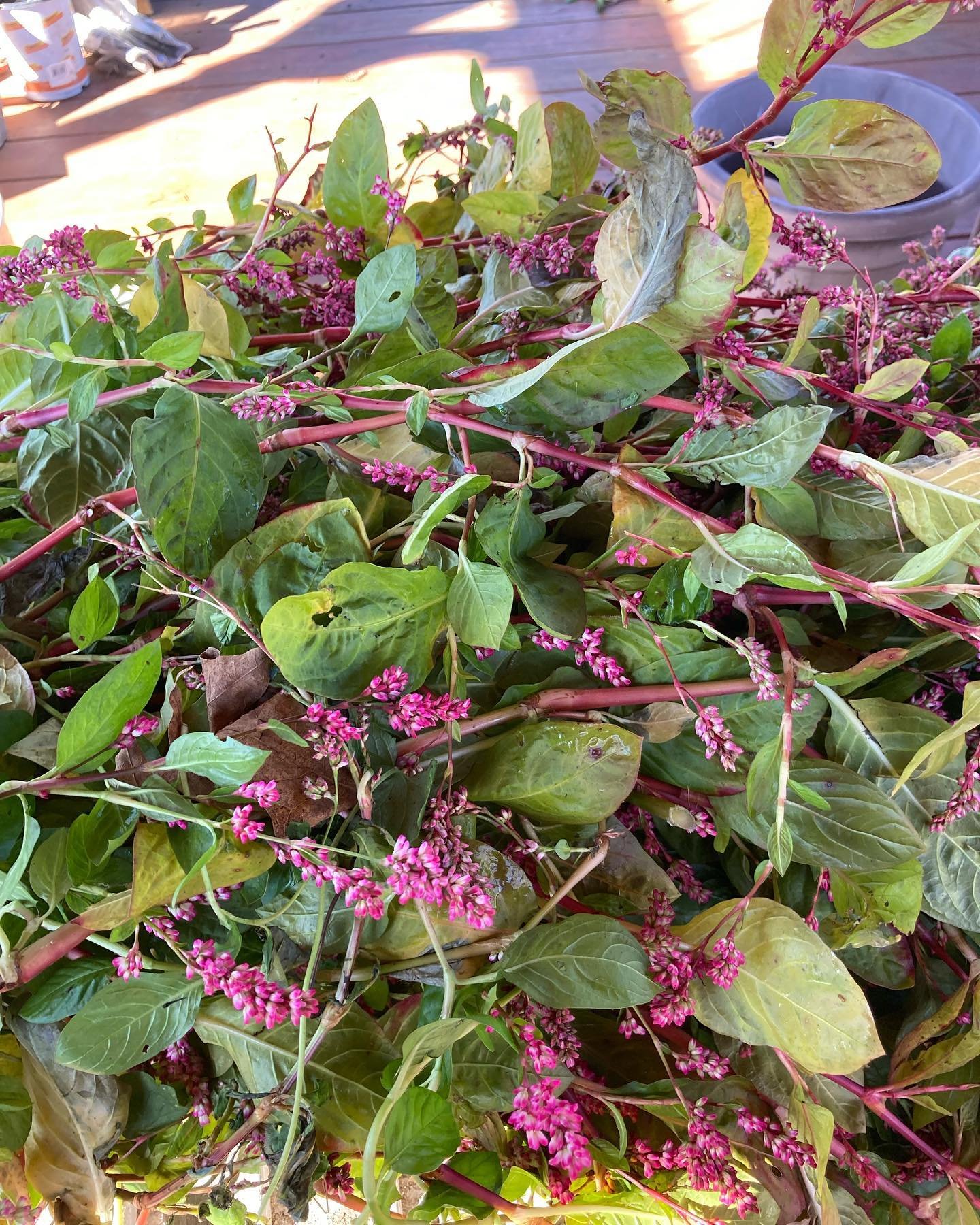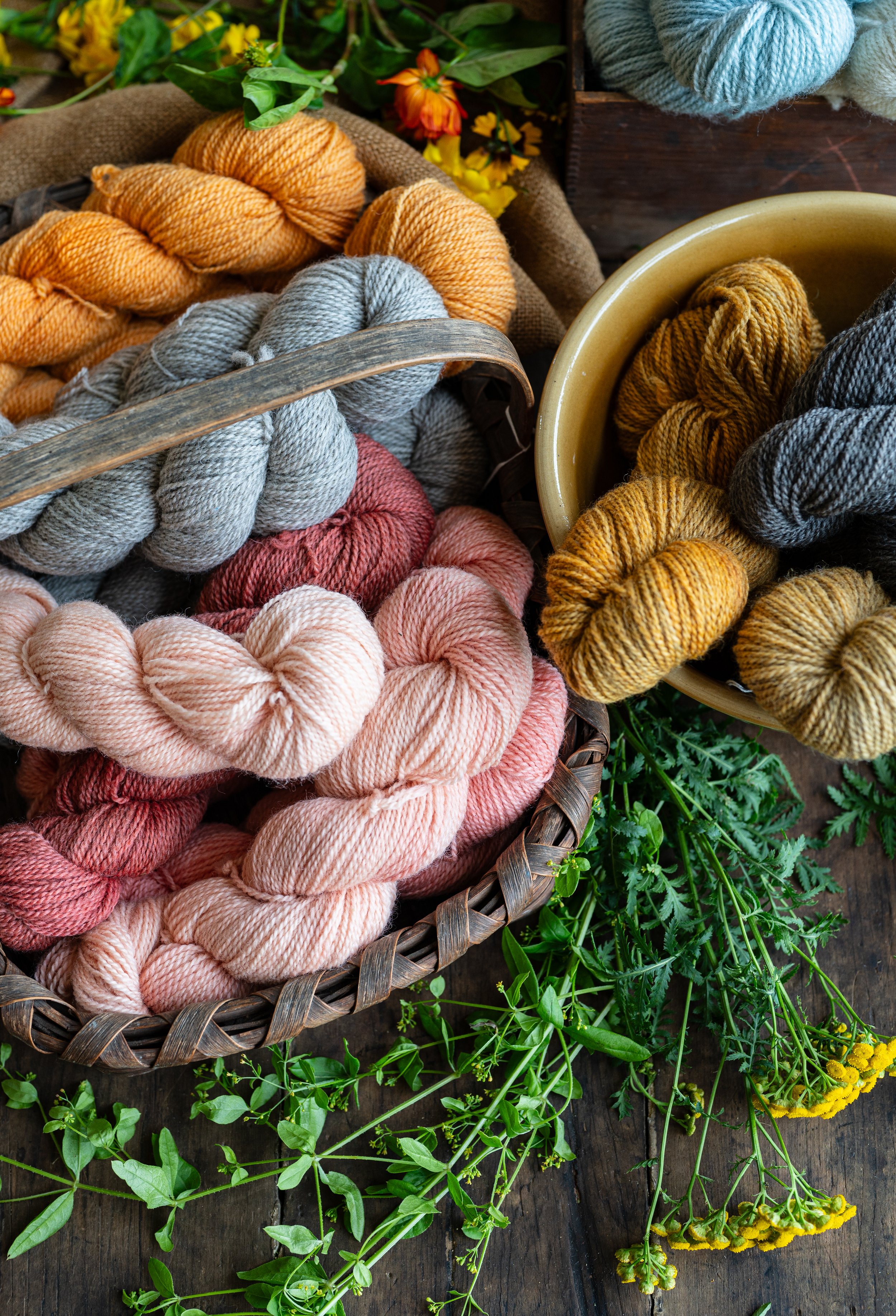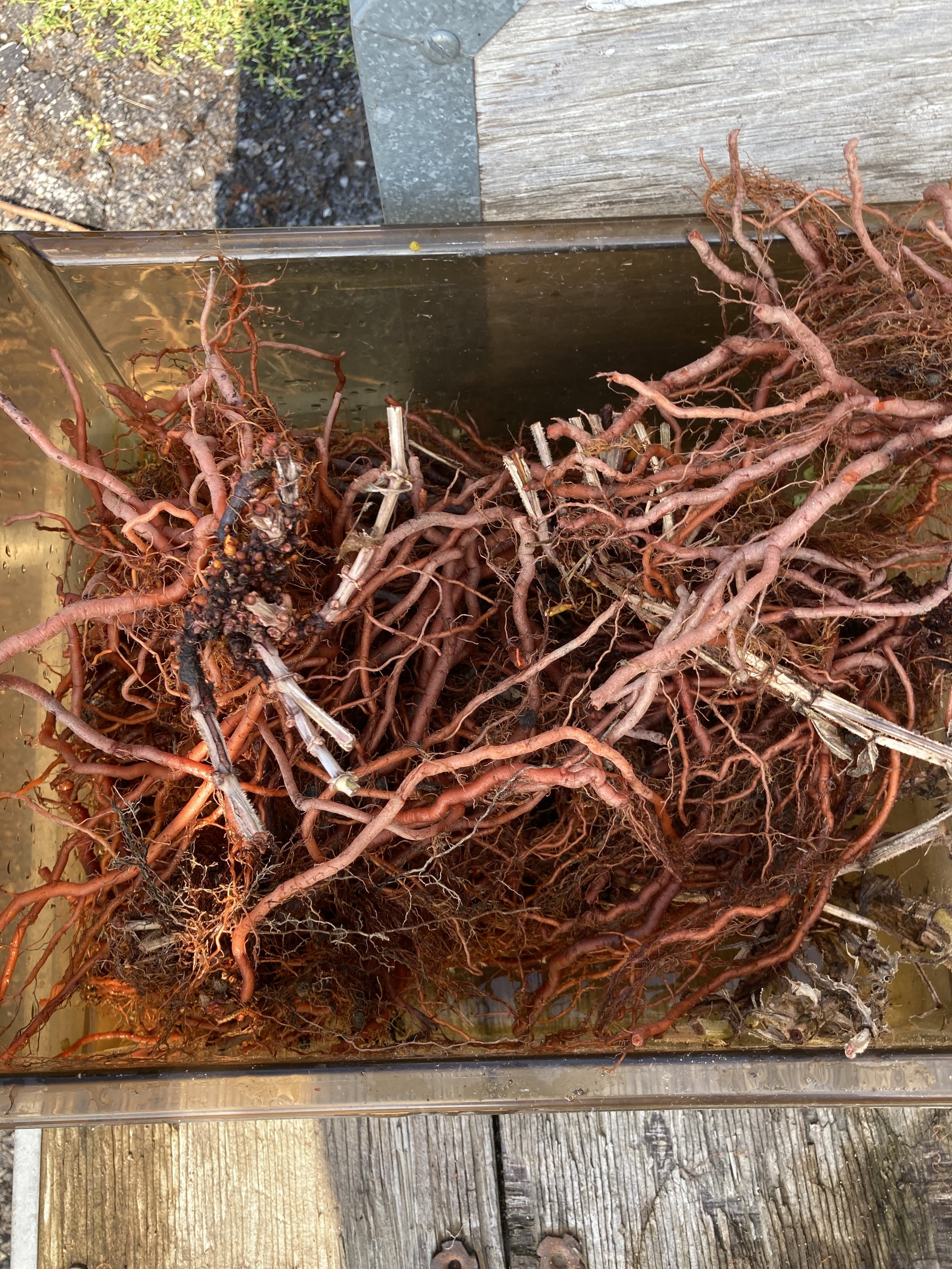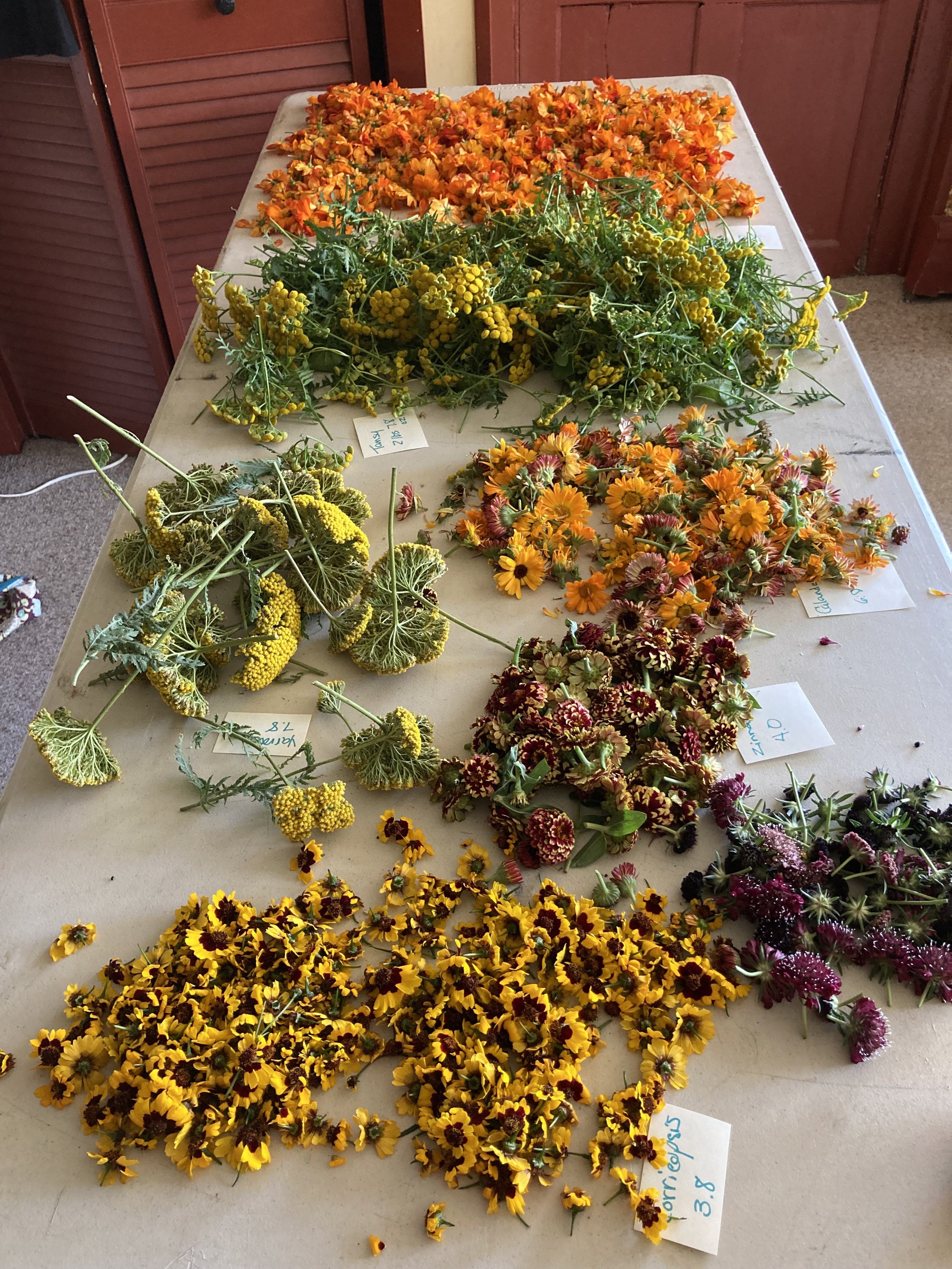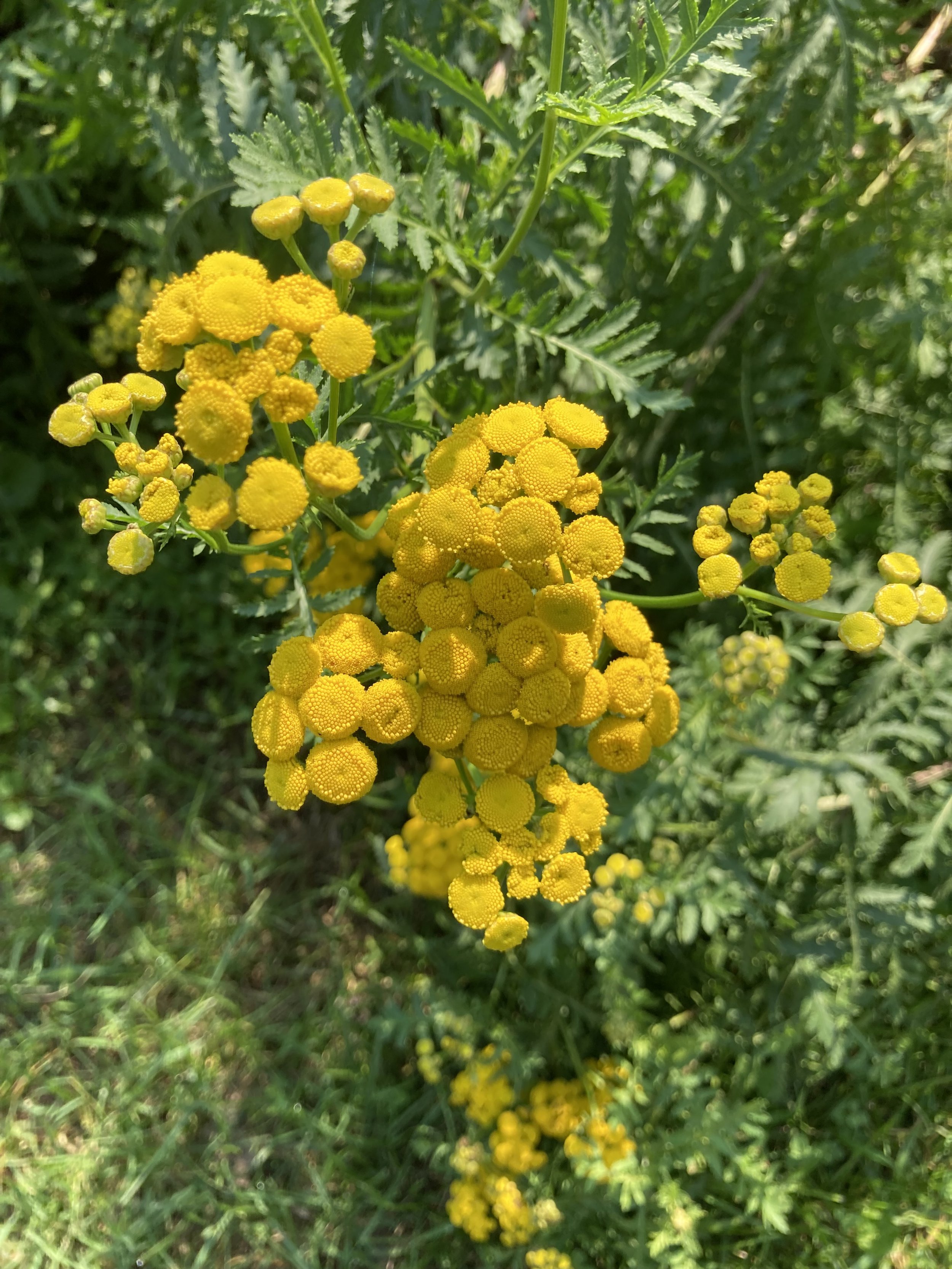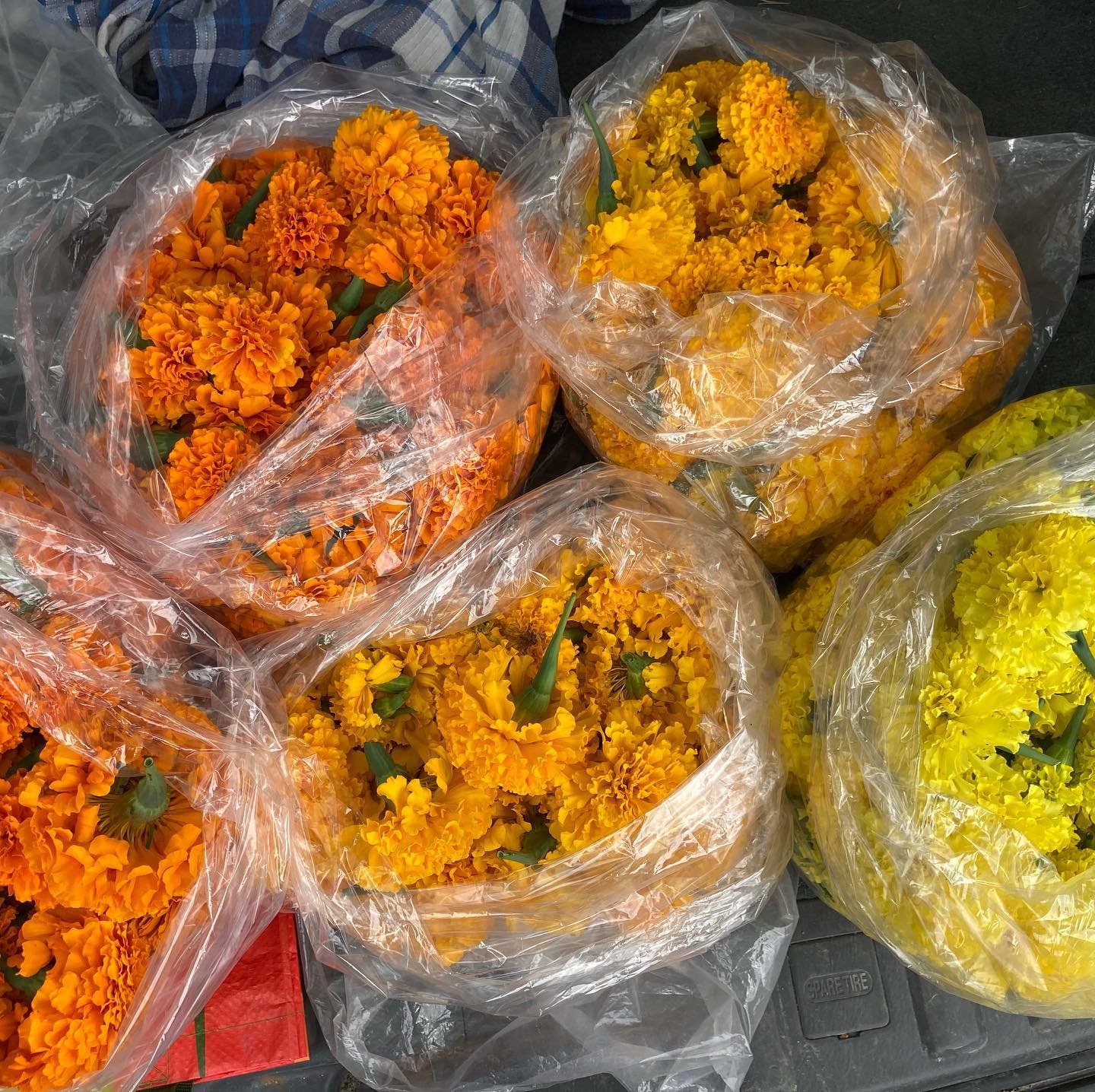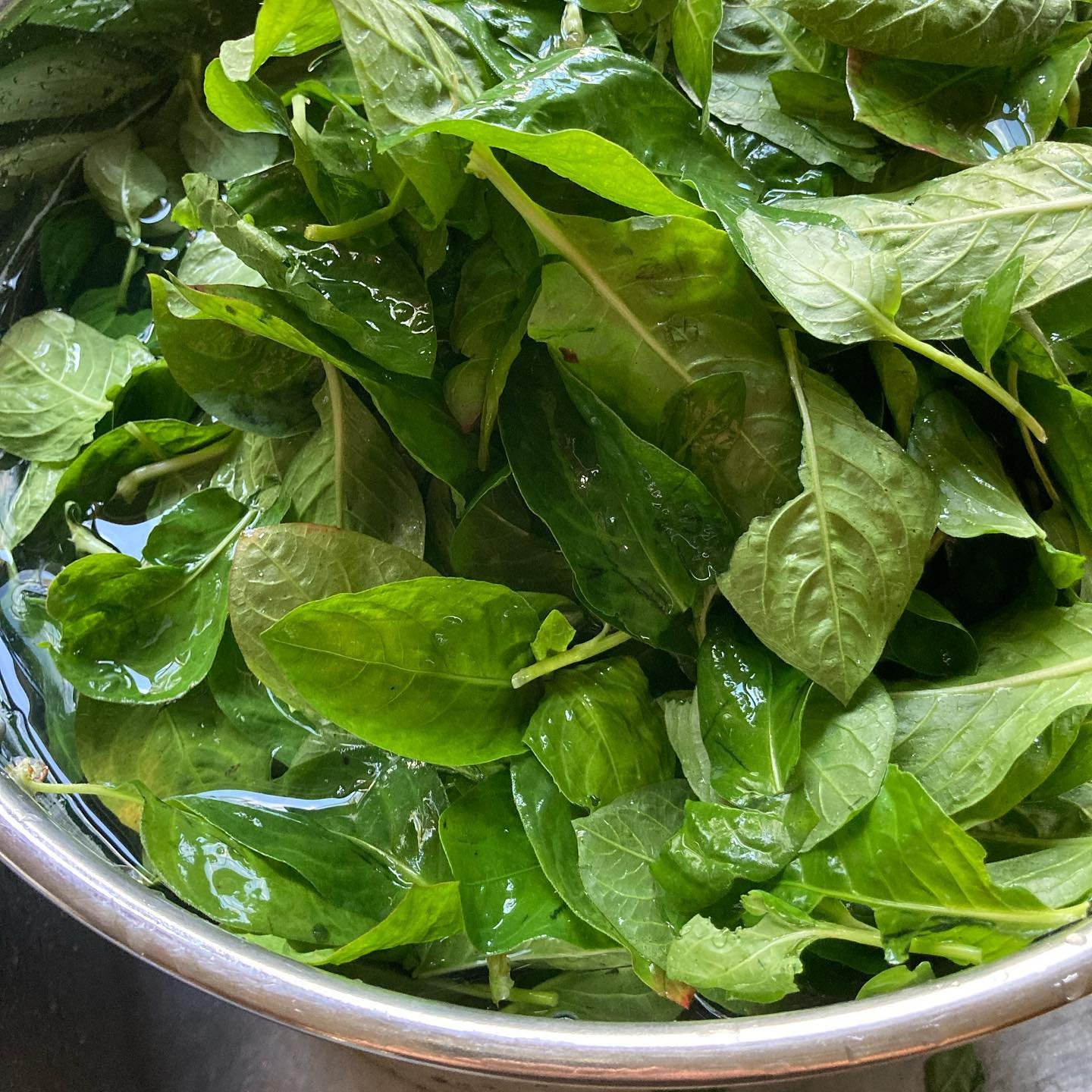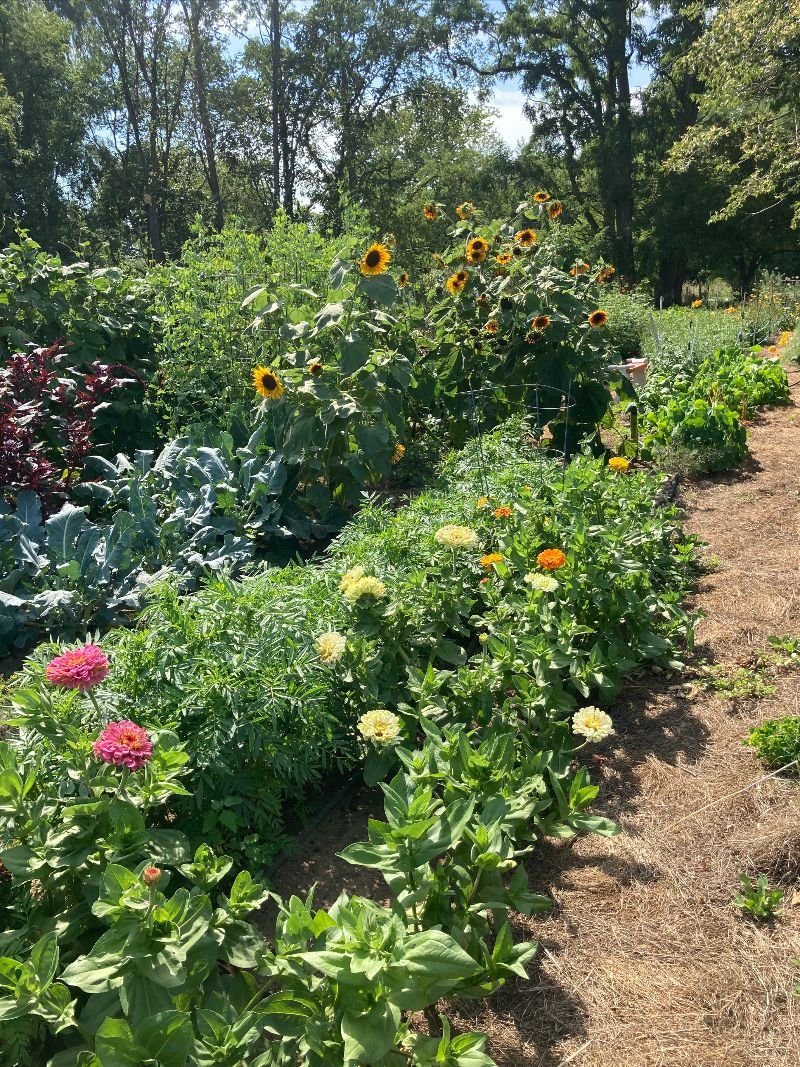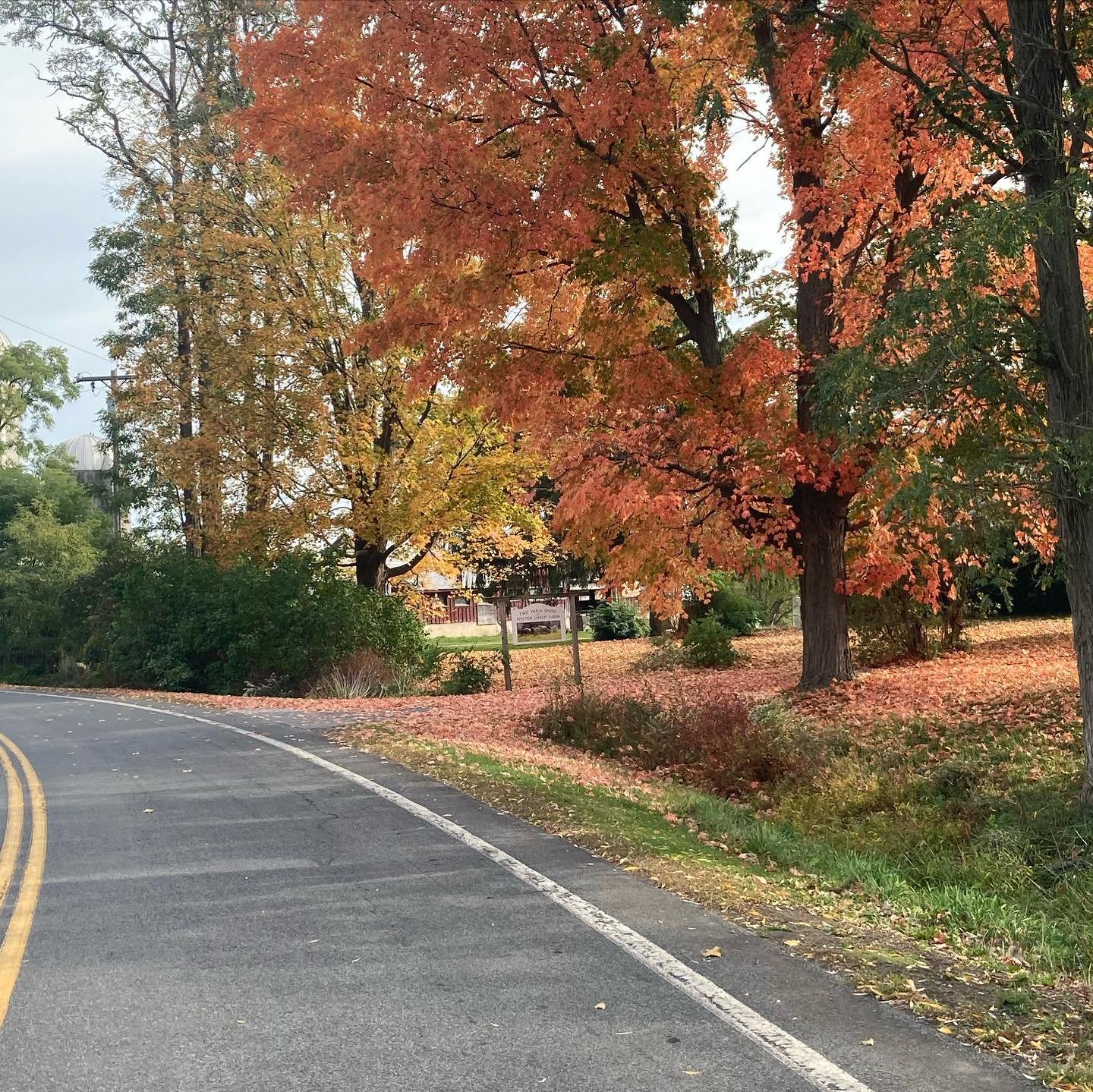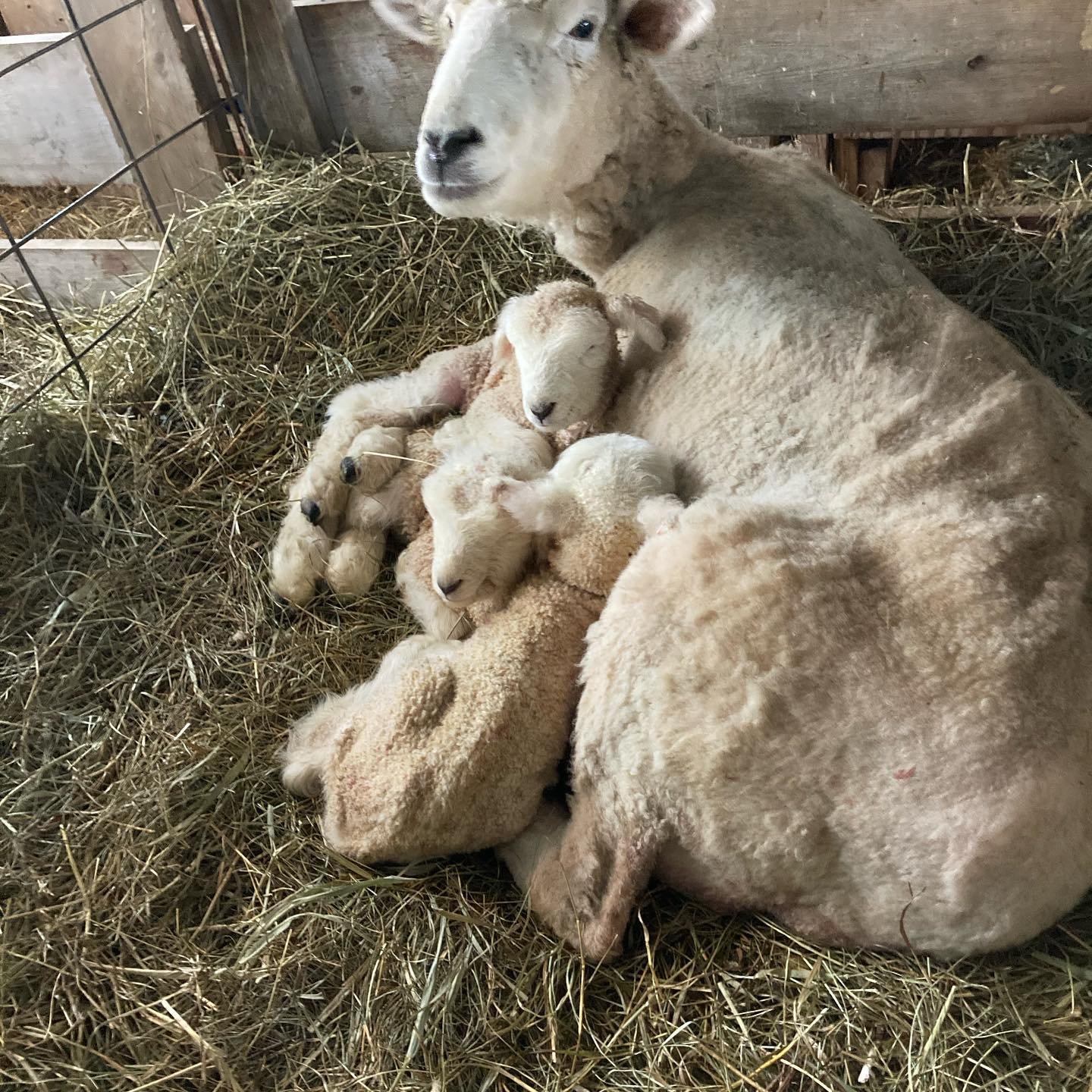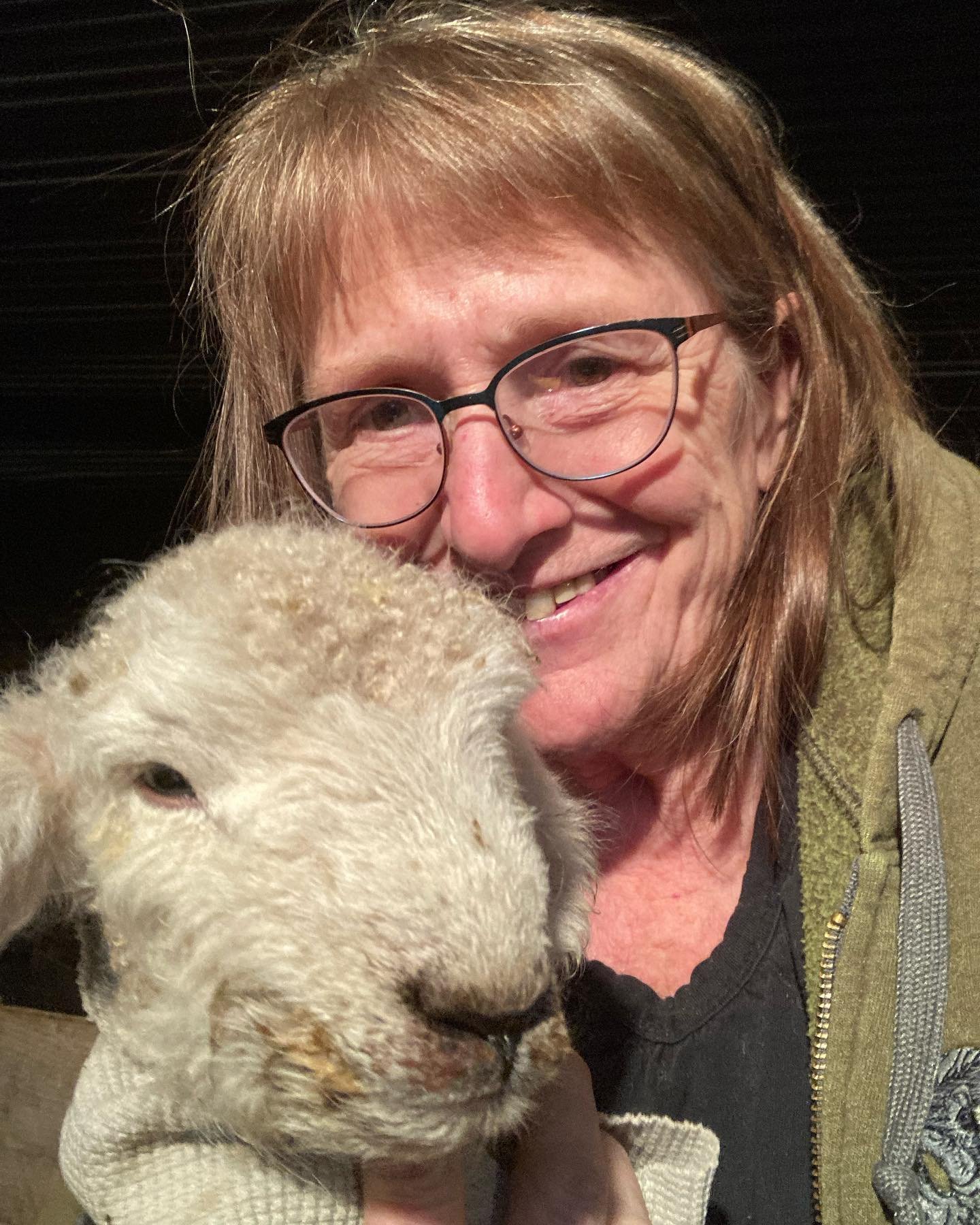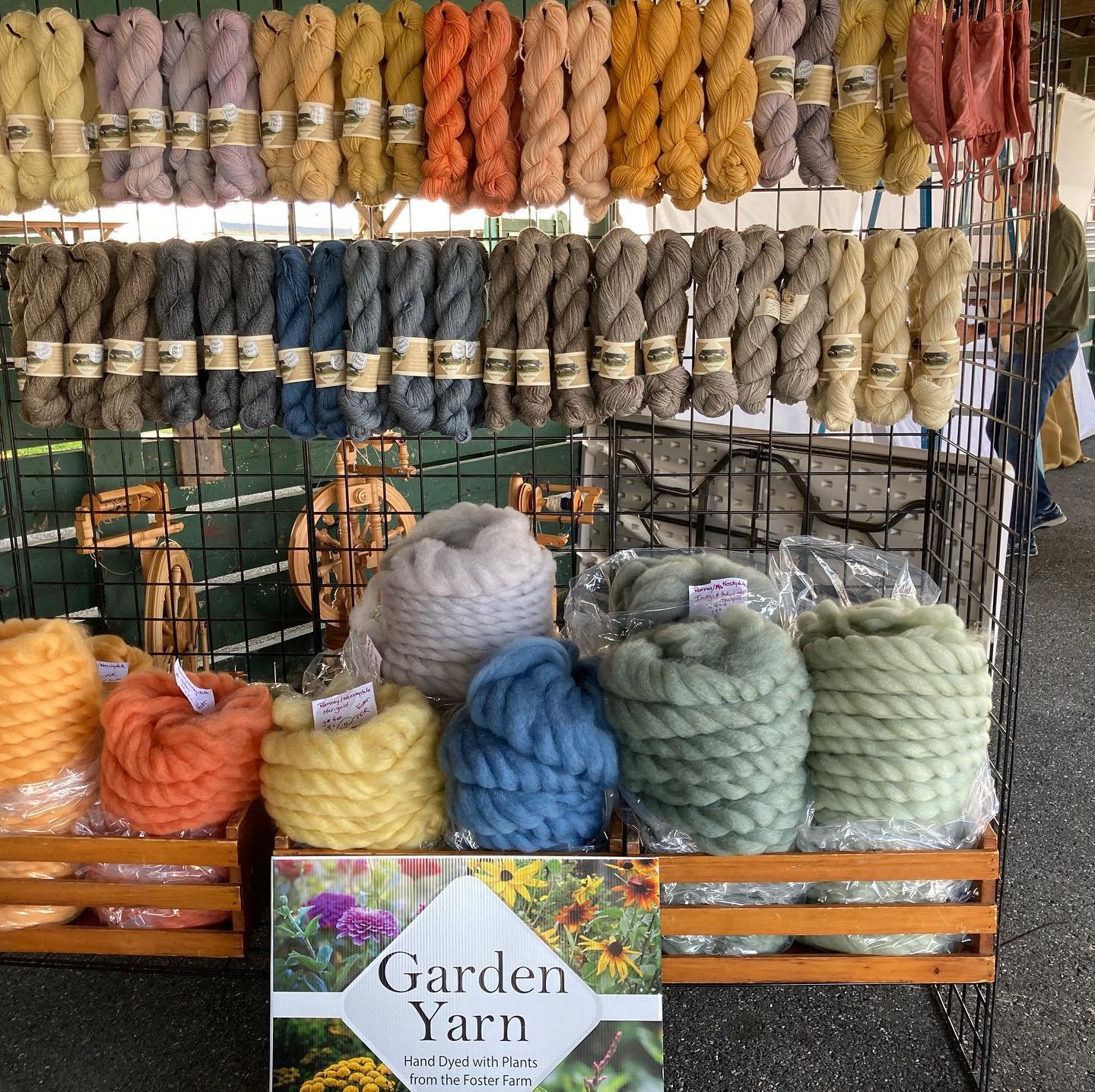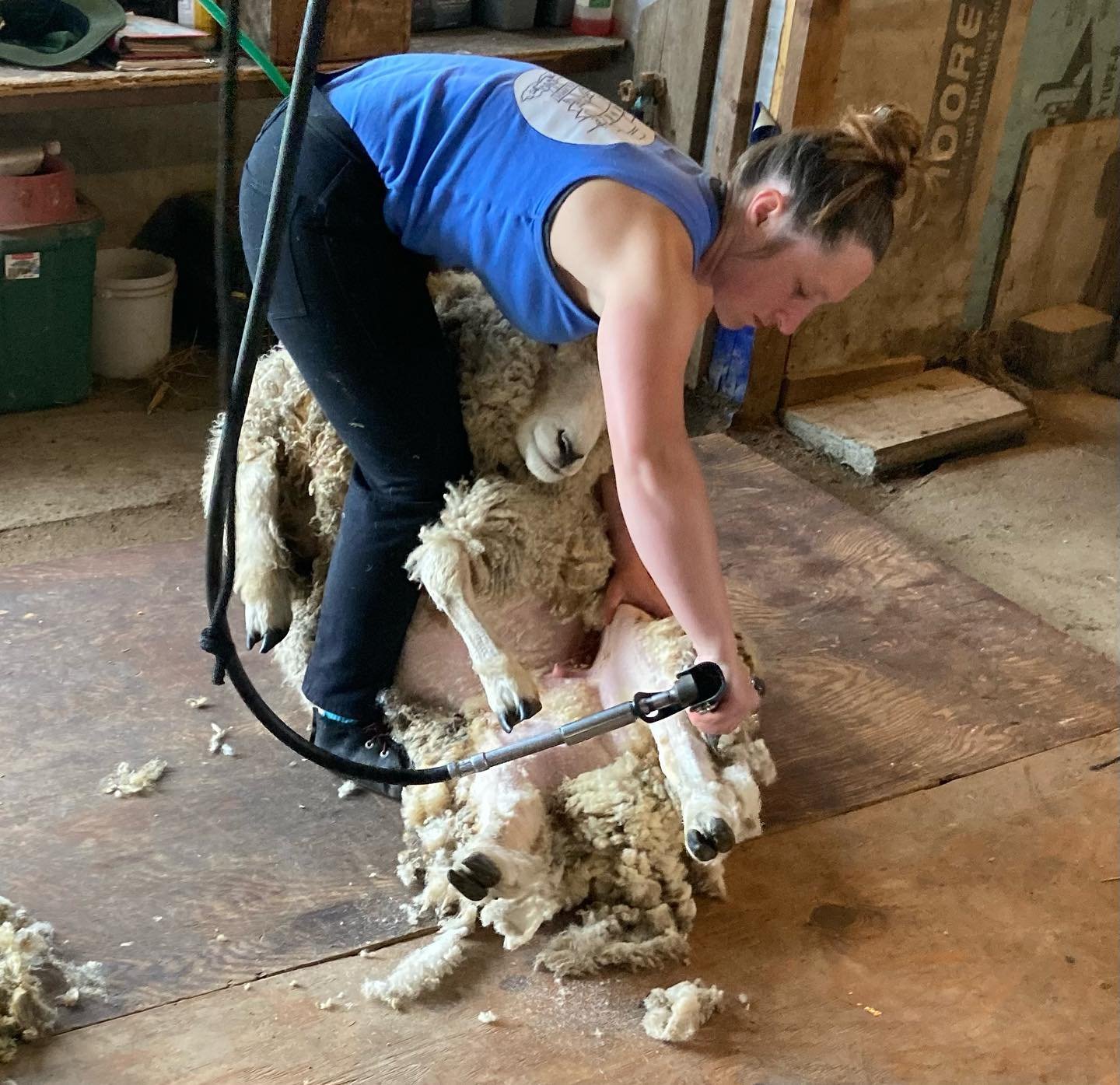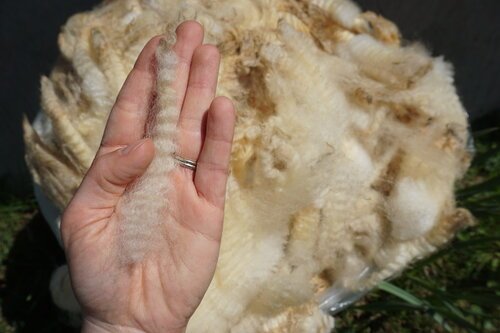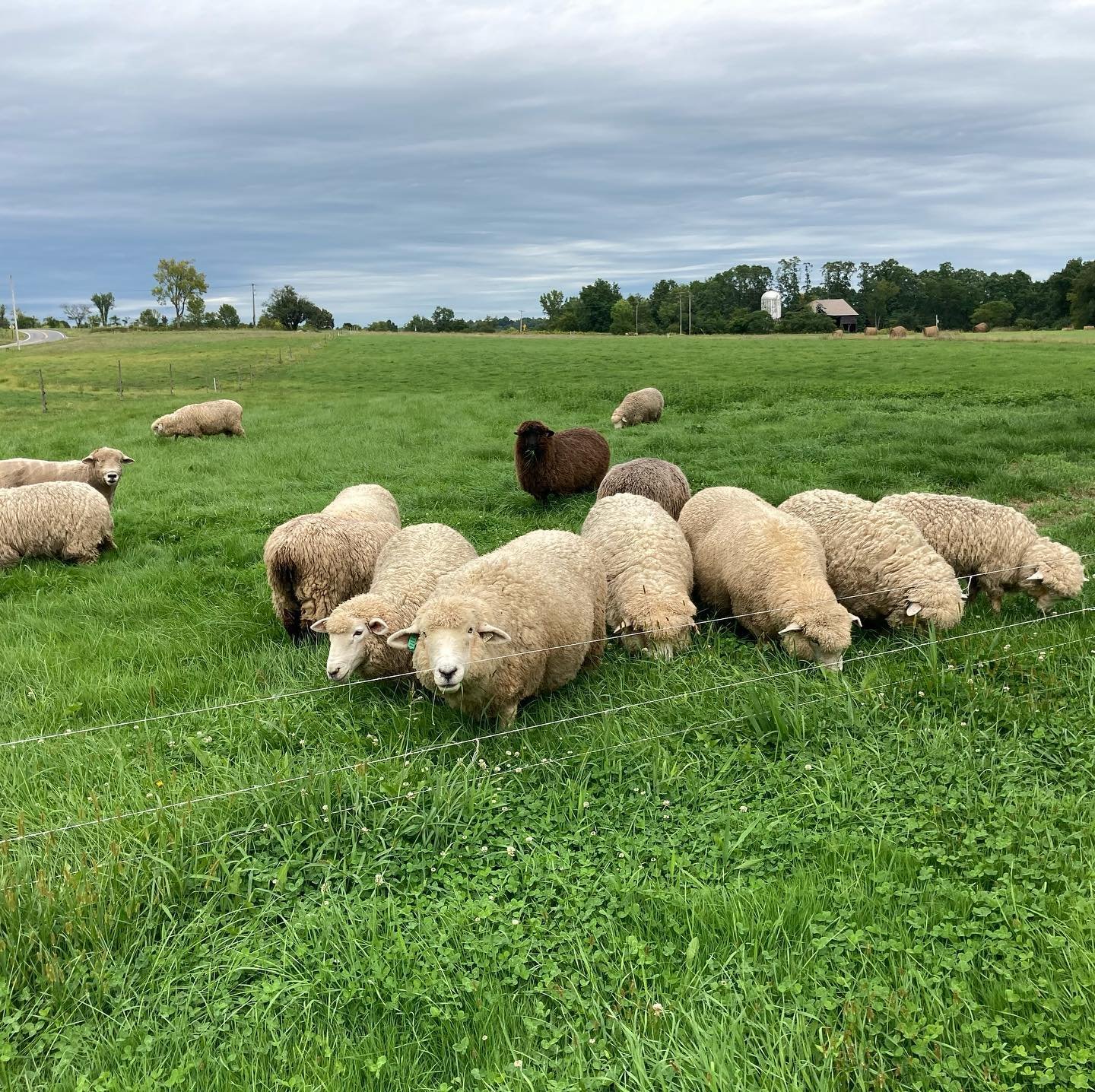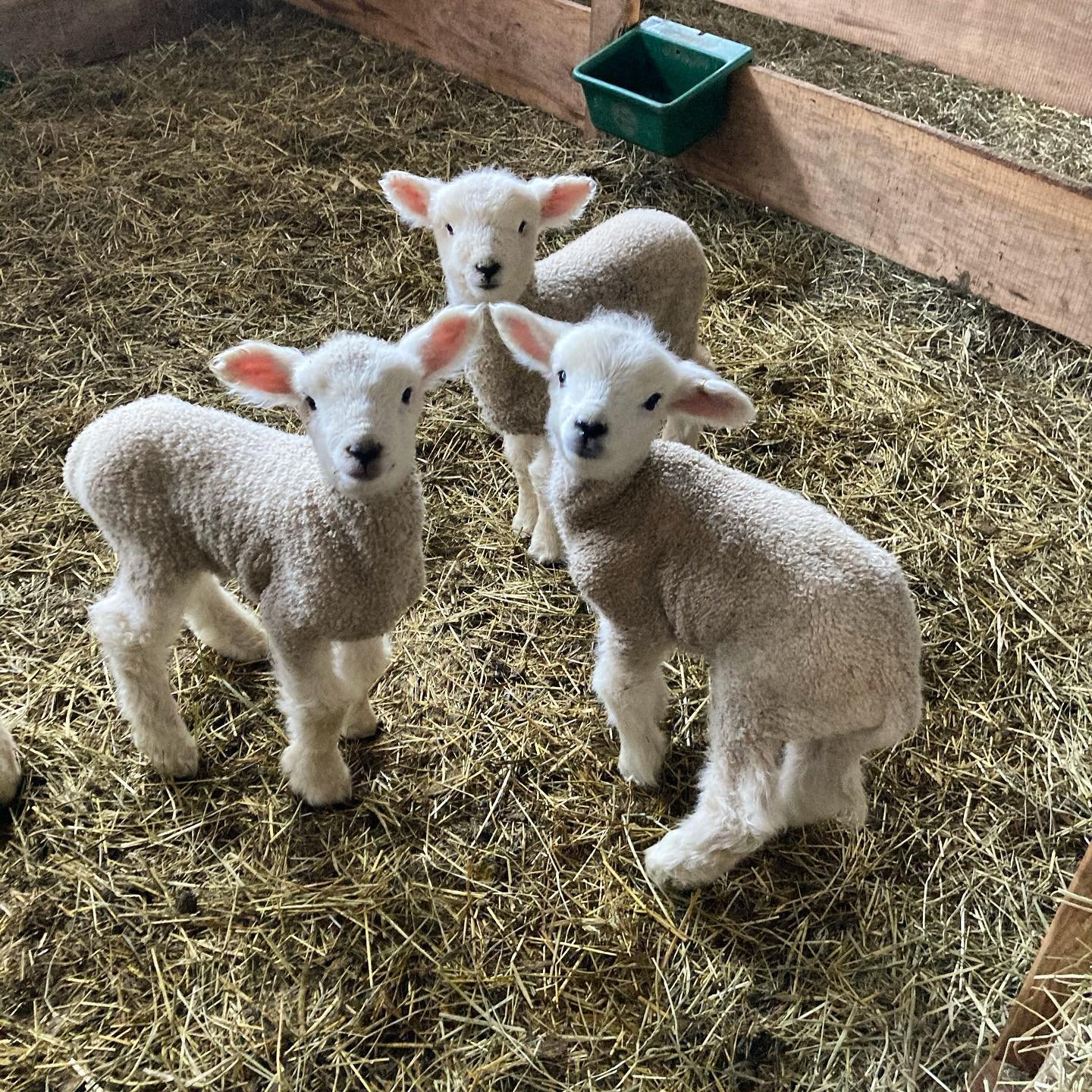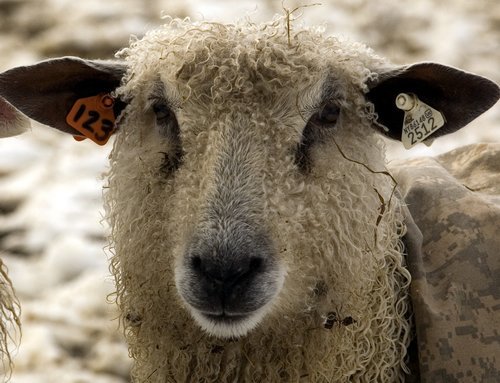About Us
Tom Foster was one of seven children raised on a dairy farm at the time. He met and married Carole a farm girl from the Washington County hamlet of Durkeetown.
In addition to milk, the farm produced fruit and vegetables. As the small dairy farms in the area struggled, it was decided they would sell the herd. As time went on they both knew that they missed the animals. So began the sheep farm. At first, strictly a meat production farm raising Polypay sheep they learned the value of the wool.
Carole learned to spin and found that although she could spin the Polypay, her favorite wool to spin was the longwools. Carole brought in a small Spinners flock and their daughter brought in a small Romney flock. Carole now has several spinning wheels and can carry on a conversation while gently pumping the treadle with her foot (clad in a sock of her own making) and turning wool into yarn.
The Fosters breed specifically for the quality of the flock's wool. Of the hundreds of breeds of sheep, the Fosters raise primarily two types. Romneys grow a heavy, thick fleece that has a distinctive crimp and produce up to 10 pounds of wool a year; NC Colored Long/Wensleydale type fleece grows in ringlets prized for its luster.
Why Plant Dyes?
I have always loved the color palette that you get with plant dyes. In 2019 I was fortunate to have my sister-in-law move into the apartment at the farm. Ellen was willing to help me get the dye garden going. We started with just a few skeins at Rhinebeck in 2019. Now my booth is full of plant-dyed yarns. It's a great satisfaction to have grown the wool and the plants and then knit the garments. I hope my customers enjoy it as much as I do.
-Carole Foster

